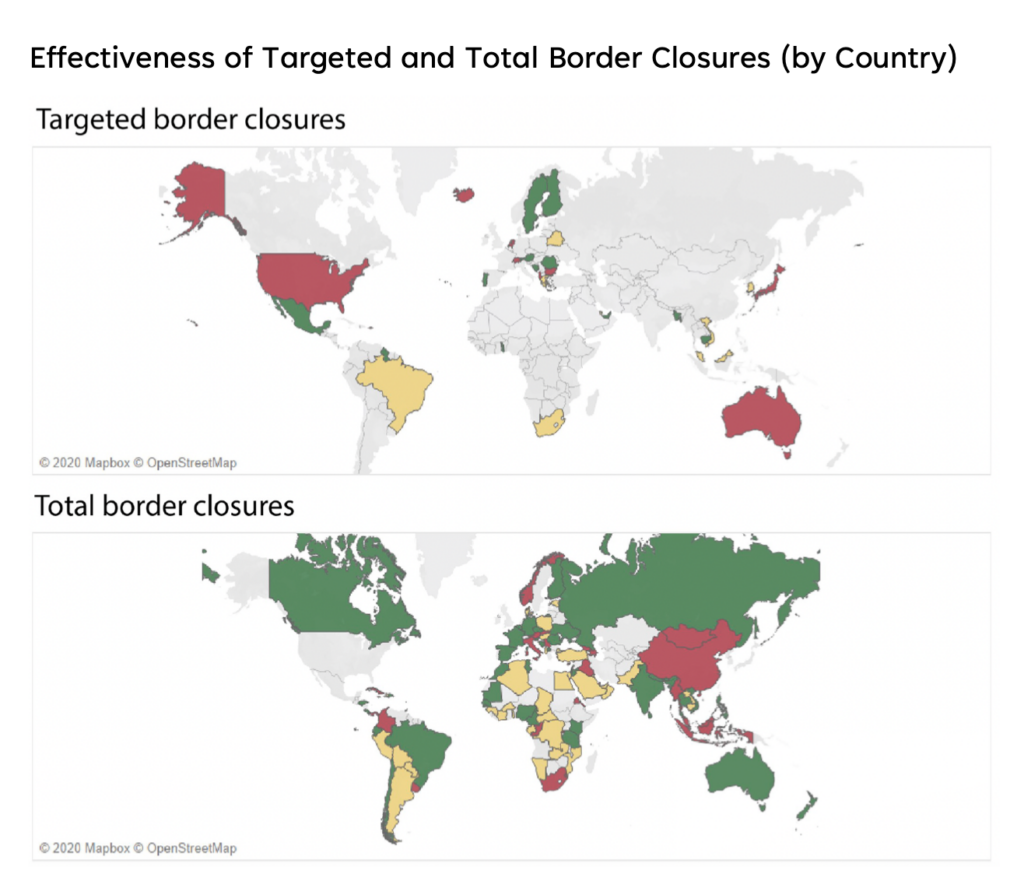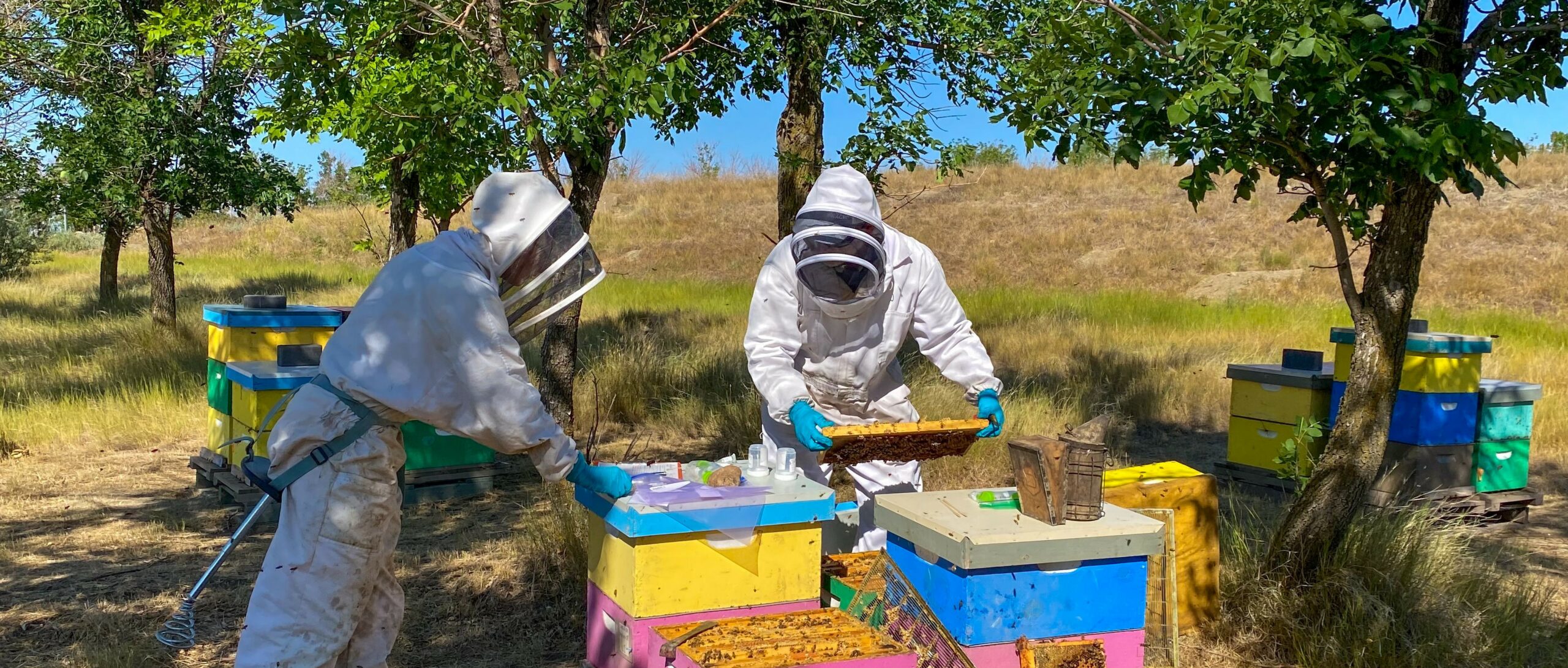
New study finds most targeted COVID-19 border closures ineffective, likely illegal
Restricting international travel is an extreme measure – total closures can work, but must be implemented early, and only when there are no alternatives, says York University researcher
March 2, 2023, TORONTO — A research team from the Global Strategy Lab (GSL) at York University looked at border closures implemented during the COVID-19 pandemic and concluded that many were ineffective, illegal and even when they did work, were so disruptive that in the future they should only be used when absolutely necessary.
The new study, among the first to evaluate the effectiveness of border closures initially put in place three years ago to slow the spread of the then novel coronavirus, found that targeted closures did little to curb the crisis, and, if evaluated based on what we know now, would likely be considered illegal under international law. The most extreme shutdowns, on the other hand, were temporarily effective but came at a great cost. Border closures should be used as a means of last resort and decisions around closures would be most effective if co-ordinated globally by the World Health Organization, says the paper’s lead author Mathieu Poirier.

“People just assumed at the time that these measures were effective, but that’s not necessarily the case,” says Poirier, Faculty of Health social epidemiology professor and York Research Chair in Global Health Equity and co-director of GSL. “Our study shows, using real-world data, that for most countries, in most situations, border closures are not going to be the best approach.”
The research was published this week in PLOS Global Public Health. Poirier and his GSL co-authors – York professors Susan Rogers Van Katwyk and Steven Hoffman and data analyst Gigi Lin – looked at available information from 166 countries and evaluated whether border closures curbed spread both domestically and internationally.

Total border closures – defined as barring non-essential travel from all other countries and implemented by the vast majority of countries in March 2020 – did temporarily slow COVID-19 transmission globally. However, the wave of targeted border closures a month earlier aimed at travellers from hotspots did not slow down the global pandemic. On a national level, targeted closures did work in some situations, but the most effective were implemented early and were so extensive that they approached a total closure. Border closures can also divert resources away from other pandemic measures and reduce global co-operation when it is most needed during a pandemic crisis.
Border closures have a huge effect on people’s lives and the economy when compared to other measures such as quarantines, restricting public gatherings and test-and-tracing approaches. But if other less disruptive measures are not possible, then applying border closures early is key. Poirier acknowledges that deciding how early is not a straightforward process.
“If you're not making those difficult decisions early on, then that decision-making process might already be too late, but if you are the first country to implement a closure, that’s likely going to be very unpopular.”
This challenge is further complicated by the lack of reliable real-time information available to decision-makers.
“Some countries may not be reporting what they know, and many more countries aren't testing or don't have the infrastructure to actually know what's happening on the ground in the first place,” he adds, noting data is not solely an issue in autocratic regimes. “With these fast-moving pandemic threats, it's probably best to assume that we don't know what's happening.”
Under the International Health Regulations, restrictions should not be more stringent than necessary and methods like border closures should only be implemented if supported by science.
“Looking back, most countries’ border closures were likely illegal, but that science was not available to decision makers at the time,” Poirier concludes. “This research suggests closures may have a role to play in future pandemics but should be implemented with strong caution and in co-operation with other countries.”





